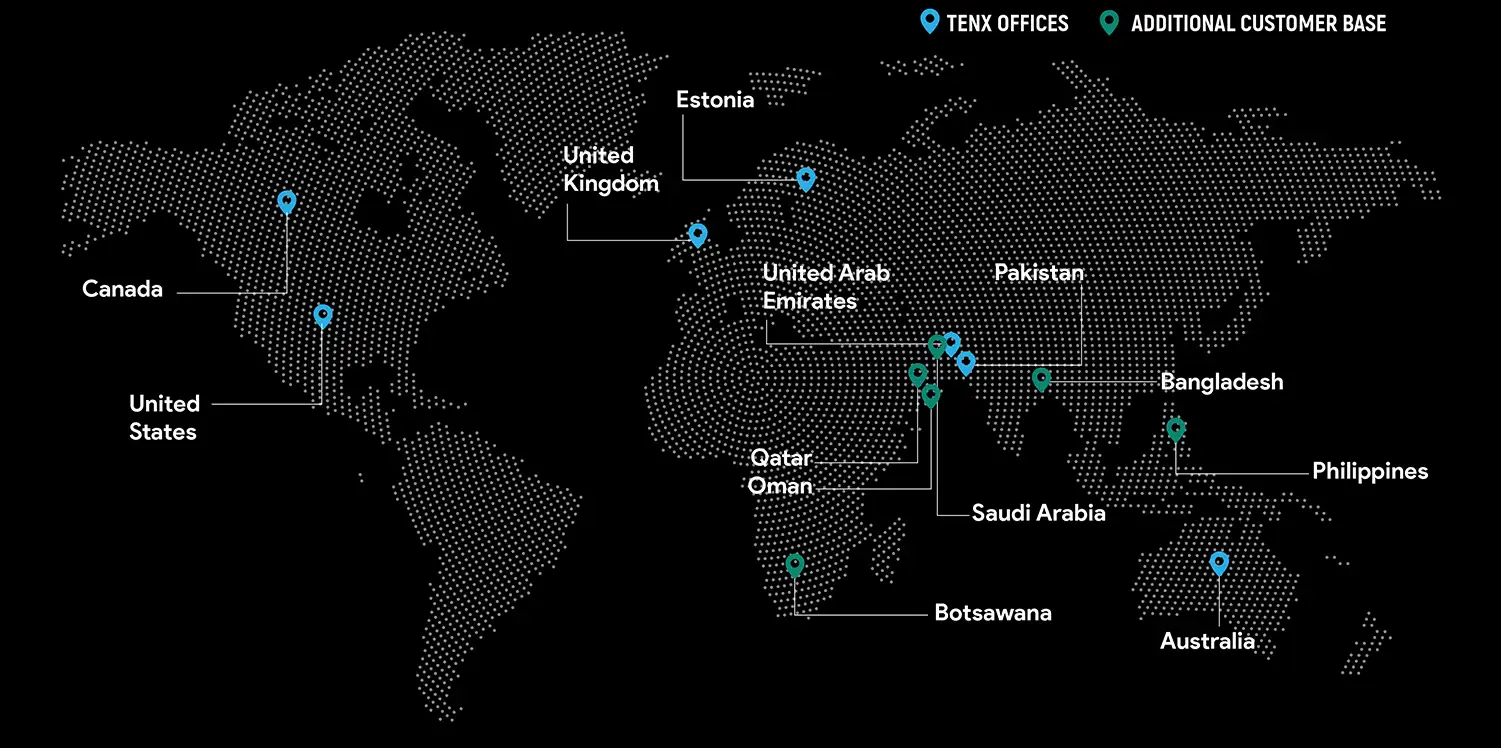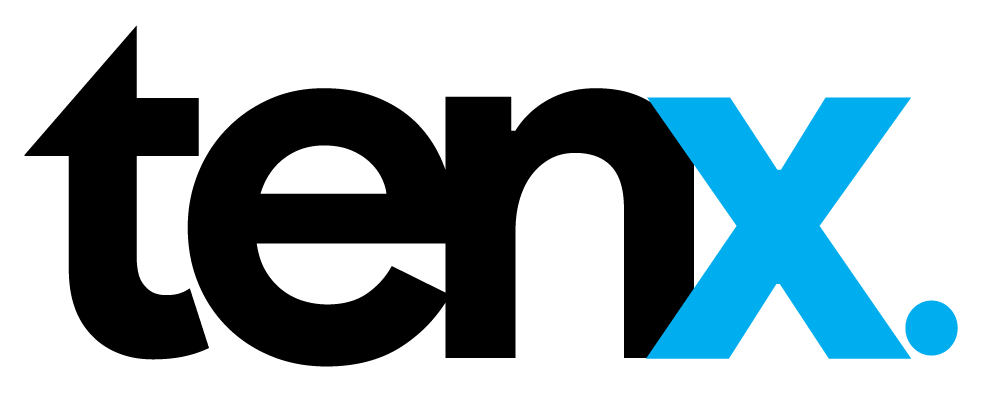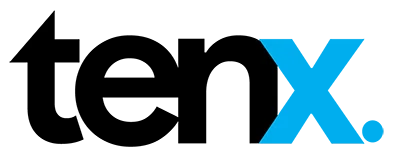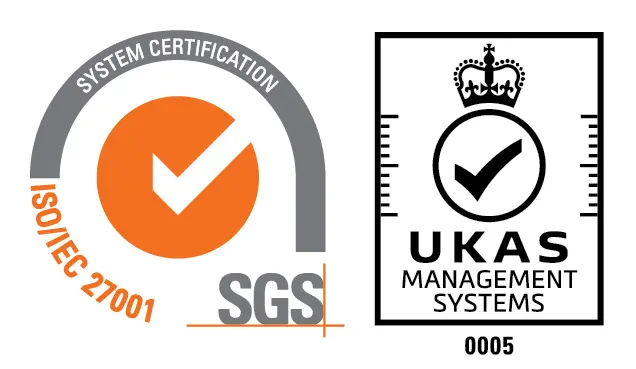Did you know technical writing is a highly paid profession?
In Pakistan you can earn up to 500k working with foreign companies!
Now since you know that you’ll get paid well, let’s discuss the details now: “How to proceed with this line of work?
In this blog, I’ll guide you on creating an impressive resume and cover letter and making a lasting impression in interviews. But before that, make sure you have a talent for understanding complex technical scripts and want to be a bridge between complex systems and everyday users.
Your Resume
- Tailor it like a pro: Don’t just write your experience in a generic template. Every job is unique, so try to customize it according to the job you are applying for.
- Action verbs are important: Replace passive verbs with action verbs that highlight your achievements. For example, instead of writing “wrote user manuals,” write “developed user-friendly manuals that resulted in a 20% decrease in support tickets.”
- Quantify your impact: Numbers speak volumes! Did your API documentation lead to a smoother onboarding process for developers? Always quantify your results to show your value.
- Keywords are essential: Sprinkle relevant keywords from the job description in your resume. This helps Applicant Tracking Systems (ATS) recognize your candidacy and land you in the “interview maybe” pile.
Cover

- Template trap: A generic cover letter screams “copy-paste.” Instead, personalize it and always mention the projects that you are proud of.
- Focus on “why you,” not “why this job”: Highlight your unique skills and mention what makes you different (from other writers).
- End with a bang: Don’t just say, “thank you for your time” – always conclude with a call to action to express your enthusiasm for an interview.
Portfolio:
Build your portfolio to show the recruiter how good you are. Pour your heart and skill into crafting quality content, and make sure to back this up with an attractive presentation. So, always design your document and include 2 or 3 samples of each category documentation. For example:
- Whitepaper (2)
- Blogs (3)
- Case study (2)
- Functional Specification Document (2)
- API Documentation (2)
- Tutorial Guides (1)
- Business Requirement Document (3)
- Client Proposal (2-3)
A strong portfolio highlights your skills and leaves a lasting impression on potential employers.
Interview: (Make or Break Situation)
- Research is vital: Educate yourself on the company, its products, and the specific role. Always visit the company website, check its social media, understand the technologies used, read its posts, and get an idea of the company culture.
- Practice makes perfect: Research common technical writing interview questions, gather all the questions, and prepare your answers.
- Be the bridge, not the barrier: Technical writing relies on clear communication. Speak confidently and explain complex concepts in a way the interviewer (potentially someone without a technical background) can understand.
- Ask insightful questions: Don’t just answer questions—ask them, too! Ask about their projects and technologies, and don’t forget to mention that you have a basic understanding of their offerings. This shows you’re engaged and curious about the role and company culture.
Bonus Section
Always mention that you excel in all technical writing tools. The most common tools that Pakistani companies use for technical writing are:
- Documentation Tools: Microsoft Word, Google Doc
- Project Management: Click-up, Jira, Confluence, Custom Softwares
- Coding & Repositories: Postman, Swagger, Stoplight, Notion, Github
- Design: Figma, Canva
- Screenshots: Snagit
- Plagiarism: Quetext, Turnitin, Prepost SEO
- SEO Tools: Ahref, Semrush, Ubersuggest, Yoast, Rankmath
- Communication: Google Chat, Microsoft Teams, Slack, Whistler, Skype
Remember hard work always pays off!

Maira Anwar
Maira, at TenX works as Technical Content Writer
Global Presence
TenX drives innovation with AI consulting, blending data analytics, software engineering, and cloud services.
Ready to discuss your project?
